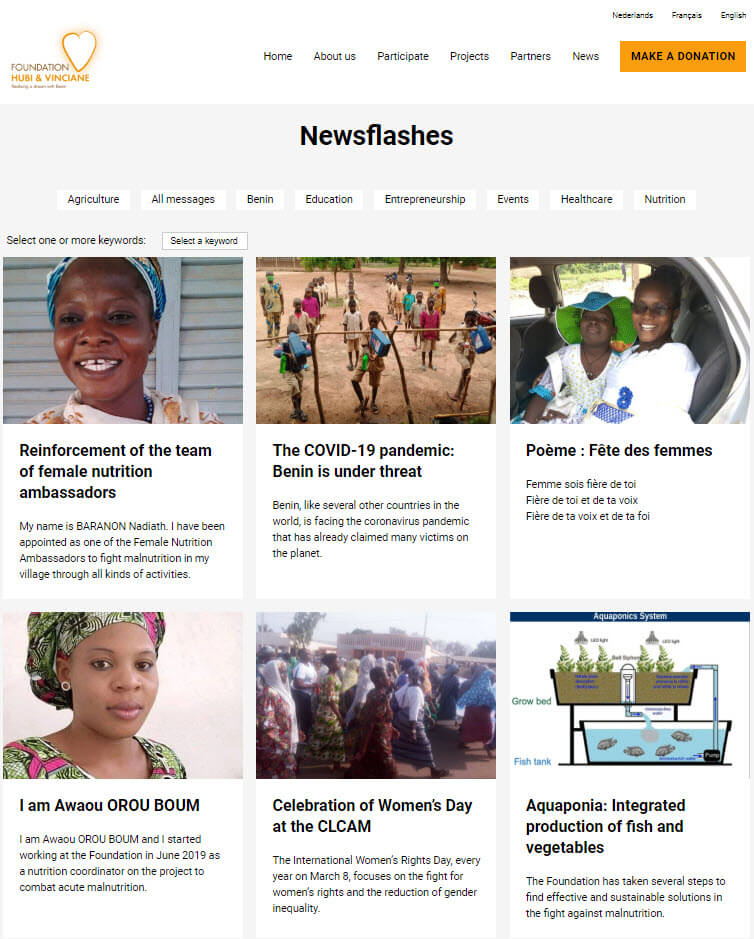Agriculture

Objectives
Through its agricultural projects, the Hubi & Vinciane Foundation aims to reduce poverty in its area of operation. Thanks to these projects, healthy and varied food is available locally.It also gives women the opportunity to become more autonomous and self-reliant.
Activities within the domain Agriculture
Since the beginning of 2010, agricultural projects have been integrated into our operations. Our agronomists provide structural training in the villages to grow crops, such as grains, tubers, legumes and vegetables, and keep chickens and goats.
They teach local people – especially women and youth – how to get the most out of their piece of farmland, how to process the harvest into healthy meals, and how to package and sell the surplus.
In agriculture, we support villages with community vegetable gardens, families with smaller gardens, and schools with school gardens. The banana project is also ongoing. Thanks to the Associations Villageoises d’Epargne et de Crédit (AVEC), women can take out microfinance and invest in self-employment.
We also cooperate with the Sokounon training farm, where local farmers can always get technical support and advice from agronomists.
Our Foundation also drills wells, constructs water reservoirs, and installs irrigation systems so that local people can grow crops all year round, even in the dry season. That way, there is never a shortage of fruits, vegetables, or grains.
Results
The agricultural projects enable young people and women to provide themselves and their families with the necessary food and achieve financial independence.
Hundreds of women and young farmers gratefully take advantage of the projects and support provided by our agricultural experts. Indirectly, our projects reach all villagers, up to 300,000 people.
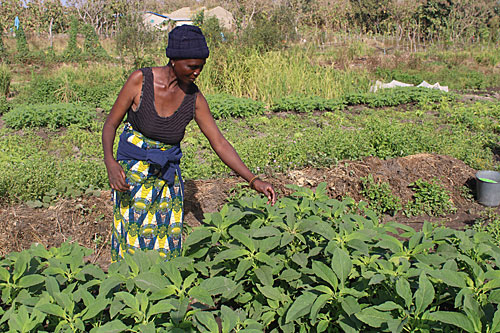
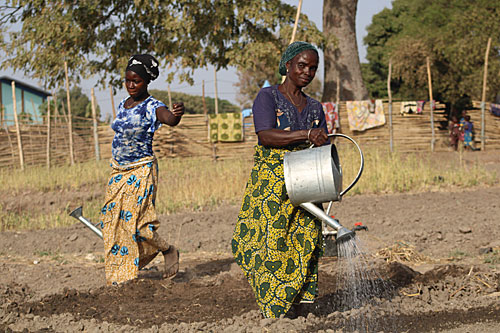
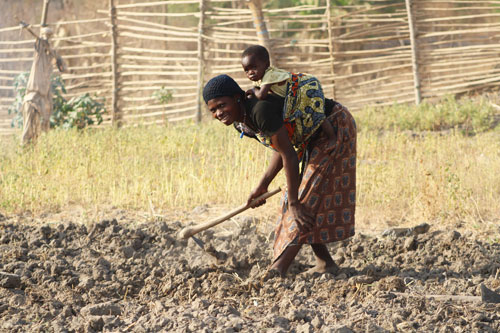
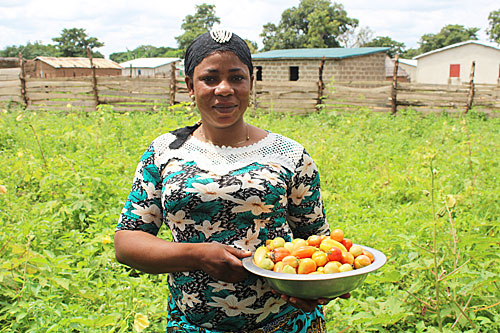
Home gardens useful for women
As a foundation, we also invest in small vegetable gardens for one family at a time.
Better and better farming with CEP
In a country like Benin monitoring and adapting farming techniques to optimize harvests systematically is essential.
Producing corn in the off-season: it’s possible
If you know that there is only one rainy season in the north of Benin, it is hard to believe that corn can grow there. Yet it is possible.

